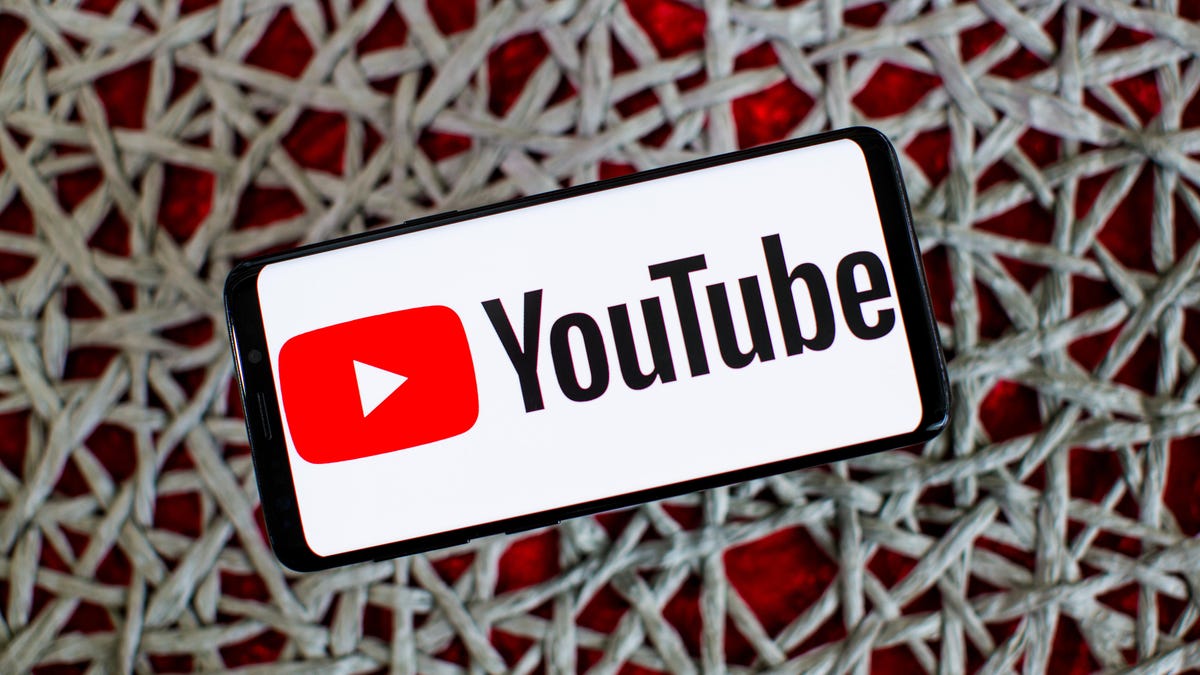YouTube says it's removed 1 million videos for COVID-19 misinformation
But the 1 million coronavirus-related takedowns since the start of the pandemic are difficult to put in context, because of YouTube's gigantic scale.

YouTube has more than 2 billion monthly visitors.
YouTube has since February 2020 removed more than 1 million videos related to "dangerous" coronavirus information, such as false cures or claims of a hoax, Chief Product Officer Neal Mohan said in a blog post Wednesday.
Putting the number in context is difficult because of the gargantuan scale of Google's service, the internet's biggest source of video, with more than 2 billion monthly users.
It appears to double the total tally of videos removed since the beginning of the pandemic; in January, YouTube said it had removed more than 500,000 videos for COVID-19 misinformation. But YouTube doesn't disclose how many videos are uploaded to its massive library, and it hasn't yet updated its total video-removal stats covering the last five months, obscuring the picture of how coronavirus-related removals stack up to other kinds.
YouTube generally removes nearly 10 million total videos each quarter, Mohan said in his post.
YouTube, like Facebook, Twitter, Reddit and many other internet companies that give users a platform to post their own content, has grappled with how to balance freedom of expression with effective policing of the worst material posted on its site. Over the years, YouTube has grappled with different kinds of misinformation; conspiracy theories; discrimination; hate and harassment; child abuse and exploitation and videos of mass murder, all at an unprecedented global scale. Critics of YouTube argue that the company's content moderation efforts still fall short too often.
Mohan's post aimed to put COVID-related video removals into the context of YouTube's overall content moderation efforts. He called video takedowns a "blunt instrument" that's difficult to apply when "one person's misinfo is often another person's deeply held belief."
More streaming advice
- 10 Ways to Save Money on Streaming
- How to Cut the Cable TV Cord in 2023
- See More at Streaming TV Insider

